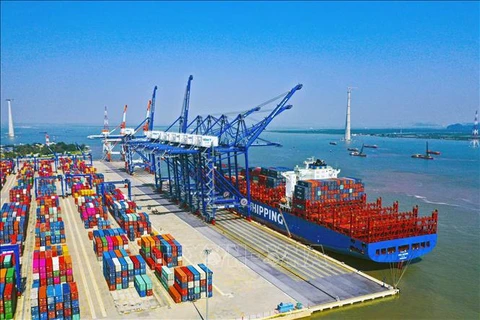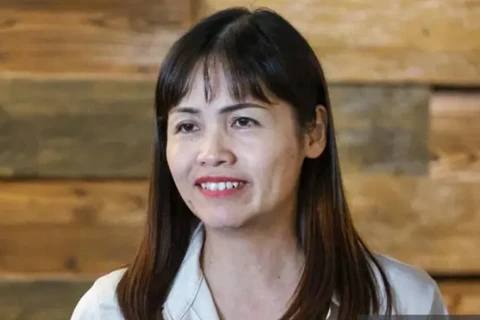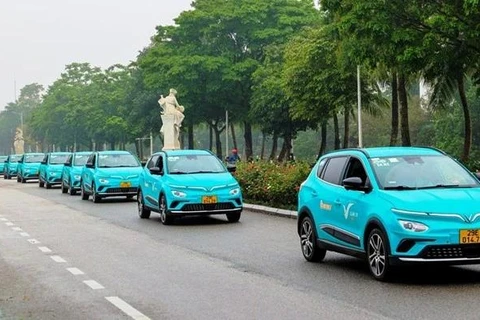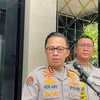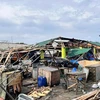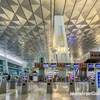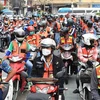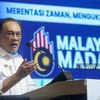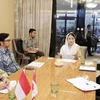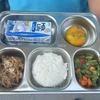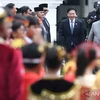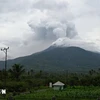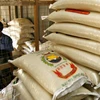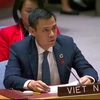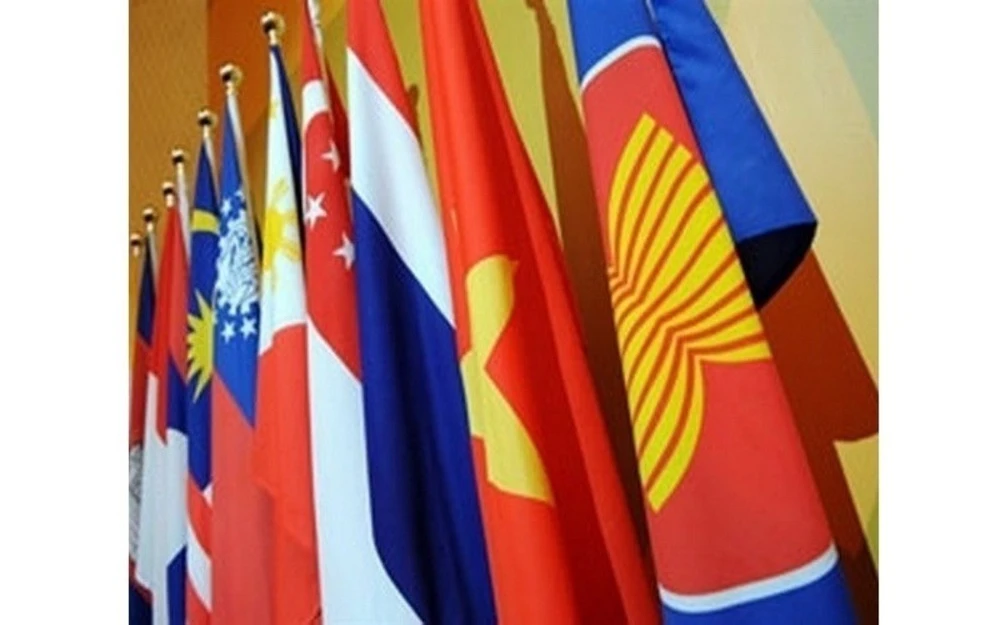
Kuala Lumpur (VNA) – ASEAN is on a positive trajectory to become the world’s fourth-largest economy by 2030 from the current fifth place, with the bloc’s gross domestic product (GDP) soaring 51% to 3.8 trillion USD in 2023 compared to 2.5 trillion USD in 2015, according to ASEAN Economic Community (AEC) Deputy Secretary-General Satvinder Singh.
Speaking at the conference “Vision 2024: Age of ASEAN” co-organised by Malaysia’s Ministry of Investment, Trade and Industry (MITI), the ASEAN Business Advisory Council and the Boston Consulting Group on August 6, Singh said the forecast was further reinforced by regional trade which rose to 3.5 trillion USD in 2023 from 2.3 trillion USD in 2015 which helped raise per capita income significantly.
He asserted that this reflects ASEAN’s persistent commitment to becoming an open economic region for global trade and investment.
According to Singh, ASEAN is one of the very few regions in the world where the bloc’s trade is almost as large as its GDP. The biggest component of trade is not its trade with China or the US, but intra-Asian trade, which is somewhere close to 800 trillion USD.
He also noted that ASEAN's trade with the rest of the world has also grown, which is the uniqueness of economies within the ASEAN bloc, unlike the European Union or the North American Free Trade Area, where most member countries trade with each other and not with the rest of the world.
Singh said in the global south, ASEAN is also the largest recipient of foreign direct investments totaling about 230 billion USD currently. It is forecasted that the global supply chain of companies with low carbon footprints and high-value activities is more likely to be in ASEAN countries in the coming years. Some of the sectors to see significant growth include semiconductors, agriculture, data equipment as well as minerals and the metals industries.
Besides, an attractiveness of ASEAN is technology transformation, with frontier technologies such as 5G, artificial intelligence and internet of things to create another 8 trillion USD. However, experts said ASEAN should work hard to reduce the cost of technology across their economies and ensure regional economies have access to technological devices and solutions.
Despite these economic positives, Satvinder expressed concern that the region’s young workers are expected to decrease while ageing workers are estimated to increase marginally, posing the risk of skills mismatch. Across member countries, automation will also affect different types of occupations. Therefore, retraining young workers in technology and innovation through technology management hubs, online education platforms for science, technology and innovation and enhancing skills for the elderly will promote productivity and help strategic industries to grow./.
